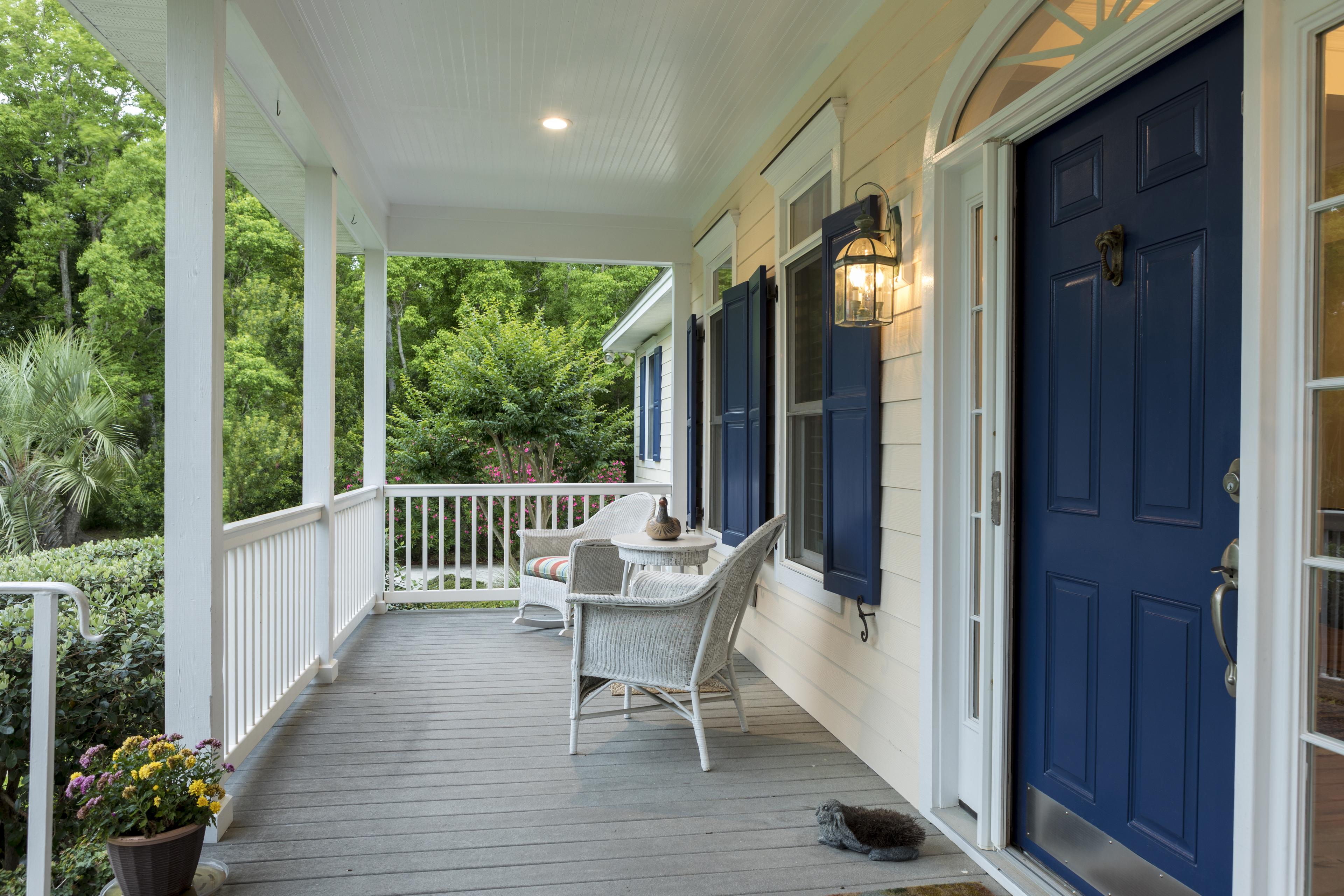
If you’ve done even the slightest bit of research on obtaining a mortgage, you’ve undoubtedly discovered there are a wide range of mortgage solutions to choose from. For many potential buyers, the variety and qualifications of each product can be a bit overwhelming.
The crème de la crème — otherwise known as the industry standard — for many homebuyers is a 30-year fixed-rate mortgage. In fact, over the last few years between 85 to 90 percent of homebuyers have chosen this loan term. However, the 15-year fixed-rate mortgage is something more buyers are looking into. What’s more, it can be a great way to possibly save thousands of dollars in interest over the life of your loan.
Here’s a comparison of both the 30-year mortgage and 15-year mortgage, so you can better decide which term is right for you:
Understanding Your Terms and How A Mortgage Really Works
The amount of a mortgage payment is comprised of a combination of interest and principal repayment, as well as monthly payments to your escrow, private mortgage insurance and hazard insurance (if applicable). Over the life of the loan, the portion of money paid towards the interest and money paid towards the principal will change.
Initially, your mortgage payment will be primarily interest, with just a small amount dedicated to paying off the principal. You might be upset to see so little of your hard-earned money actually helping to build home equity, but as the loan matures, the interest payment decreases. This is because the interest charged is always based on the outstanding balance. The smaller the principal, the less interest charged over time.
We bring this up because many homebuyers are typically more concerned about their monthly payments rather than the true cost of the loan. That’s why it’s important to understand how the mortgage terms affect the actual costs through the life of the loan.
Compared side-by-side, both a 15-year and 30-year mortgage are structurally similar. The 15-year shorter-term means low rates but higher monthly payments. The 30-year option means higher rates and lower monthly payments but will likely end up costing much more than the 15- year option.
If you’re still confused, read on.
More About The 30-Year Mortgage
A 30-year mortgage is exactly what it sounds like and is structured to be paid in full in 30 years. However, the interest rate on this type of loan is traditionally higher, and so the balance shrinks much more slowly over time. Here’s how it breaks down:
Your mortgage is based on amortization – the paying of debt over time in equal installments. Part of each monthly payment goes toward your loan principal, and part goes toward interest. In the beginning, the amount going toward the principal is very small, but it gradually begins to grow larger each month. Meanwhile, the amount going toward the interest is very large at the start and declines month by month.
At the end of your loan, the total principal paid remains the same, but you will also have paid more overall based on the interest accrued. You can calculate an example of this by using our mortgage calculator.
You’re probably asking yourself, “Why are these loans so popular?” The main advantage of your 30-year mortgage will be the relatively low monthly payment that might allow you to buy a bigger house and borrow more money than you would be able to afford with a 15-year loan. The lower payment allows you to free up money for other things, including padding your savings, family planning, or fixing up your home.
More About The 15-Year Mortgage
There are plenty of advantages to a 15-year mortgage, including one that’s the most obvious: you’ll build equity much faster and pay off your home in half the time.
Additionally, a 15-year mortgage can offer you lower interest rates than their 30-year counterparts. That means a borrower with good credit who has qualified for a 30-year mortgage rate of 4% might qualify for even low rates — anywhere from a quarter of a percent to a full percent lower — on a 15-year mortgage.
Of course, there’s one particular drawback to the 15-year mortgage, and it’s a much higher monthly payment.
Which Loan Is Right for You?
As mentioned above, a 30-year fixed-rate mortgage is chosen by the vast majority of homebuyers today. However, if you can afford the higher monthly payment that goes along with a 15-year mortgage, the savings potential is definitely something to consider.
As a homebuyer, you should also remember that 30-year loans are generally pre-payable without penalties.* That means if you choose to pay off the loan before 30 years or decide to refinance or sell your home, you can do so without incurring other fees. On the flip side, paying off that 15-year loan ahead of schedule might result in extra fees from your lender. Lenders typically factor their operations’ costs of managing your mortgage into the interest payment of your mortgage. When you pay off your mortgage early, your lender could lose money. Be sure to ask about prepayment penalties prior to finalizing your loan.
There’s also one final thought to offer — wherein most buyers say they simply can’t afford the higher payments required by a 15-year mortgage, they can do something wise with their 30-year option: if they have the means to comfortably make larger payments toward the principal each month and pay the loan down faster, they could be saving money in the long run.
If you have questions about choosing the right loan, talk to one of our trusted mortgage professionals today. Our loan officers are experienced in guiding prospective borrowers through the vast array of financing options and identifying those that best meet your needs.
* Be sure to confirm with your specific loan servicer if there is a prepayment penalty.
Source
Becketti, Sean. “Why America’s Homebuyers & Communities Rely on the 30-Year Fixed-Rate Mortgage.” Freddie Mac, Freddie Mac, 10 Apr. 2017, www.freddiemac.com/perspectives/sean_becketti/20170410_homebuyers_communities_f ixed_mortgage.page.
“Amortization Schedule Calculator.” Bankrate, Bankrate, www.bankrate.com/calculators/mortgages/amortization-calculator.aspx.
Lake, Rebecca. “5 Mistakes to Avoid When Paying Off Your Mortgage Early.” SmartAsset, SmartAsset, 18 July 2019, smartasset.com/mortgage/mistakes-to-avoid-when-paying-off-your-mortgage-early.


